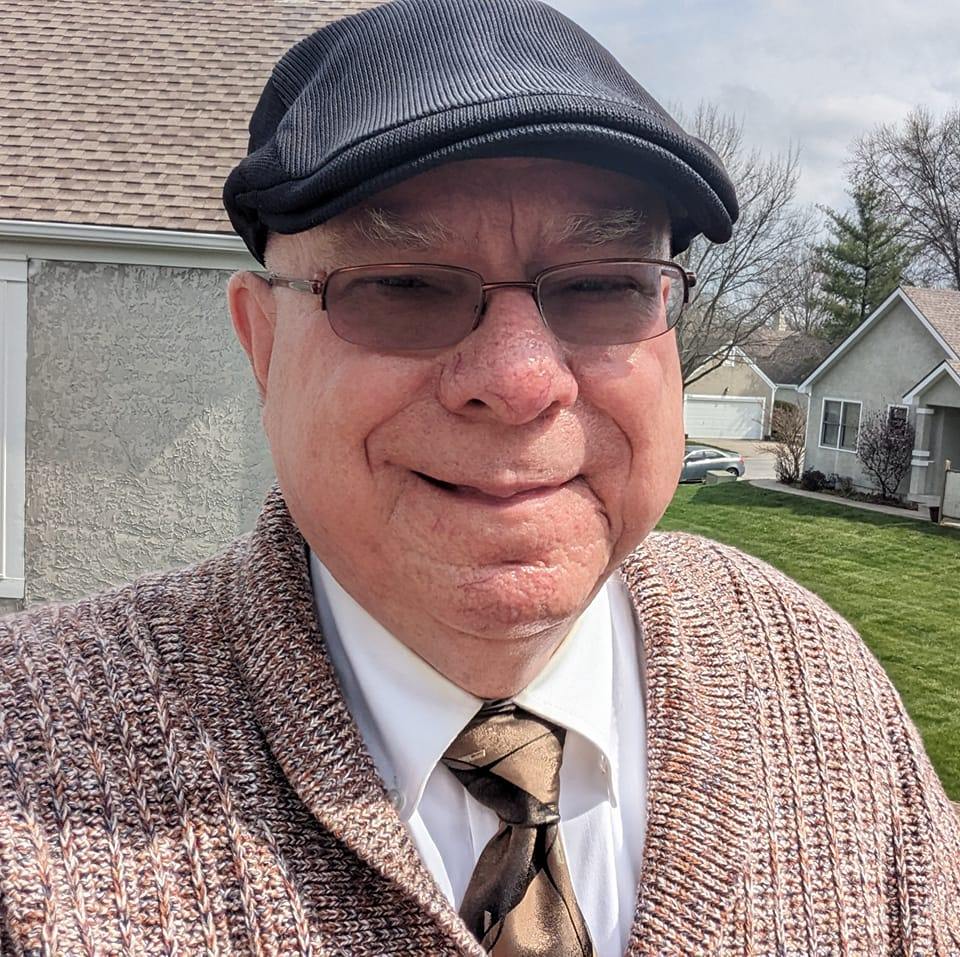Aftercare Strategies for Addiction Recovery Programs
 For Christian programs that work to help addicts, the primary goal is to help them to become integrated into two vital communities – the Church and the recovery community. If our goal is truly to work ourselves out of a job, then we must make sure we are spending enough time and energy preparing our clients for life after our programs. If we don’t, we have done them a great injustice. No matter how success we are with newly sober clients, they will still leave or programs as struggling baby Christians. We must be sure that these new believers knows where to find help when they experiences struggles, even 2, 5, 10 years and more in the future, no matter where they live.
For Christian programs that work to help addicts, the primary goal is to help them to become integrated into two vital communities – the Church and the recovery community. If our goal is truly to work ourselves out of a job, then we must make sure we are spending enough time and energy preparing our clients for life after our programs. If we don’t, we have done them a great injustice. No matter how success we are with newly sober clients, they will still leave or programs as struggling baby Christians. We must be sure that these new believers knows where to find help when they experiences struggles, even 2, 5, 10 years and more in the future, no matter where they live.
A. Focus on building healthy relationship skills – At rescue missions and Salvation Army centers there’s a lot going on in the areas of life skills, employment, literacy and education. However, an often-neglected aspect of preparation for life after the program is helping the residents to develop and maintain healthy relationships. Getting involved with the wrong people is a major contributor to relapse. On the other hand, getting in with the right people — those who will lend support and encouragement —is a major factor in successful recovery.
An important cause of relapse for many newly sober addicts is the tremendous stress they experience because of inadequate relationship skills which hinder their efforts at forming healthy relationships. The truth is, most addicts grew up in dysfunctional families. They already struggle with codependency long before their first use of drugs or alcohol. Getting high for many, provides a temporary release from their lack of self-confidence and toxic shame issues that handicap them in their relationships with others. Guess what? Just because they stop using alcohol and drugs, all of this doesn’t automatically go away. Sobriety gives them a chance to finally begin to work on these issues. If they don’t, their chances of success are greatly diminished.
B. Take advantage of resources offered by theChurch – The Church certainly offers a lot to recovering people by pro viding both spiritual and social support. SRI Gallup’s 1992 survey of recovery from homelessness concluded that spirituality (a growing relationship with Christ) was the number one factor that contributed to the success of those they studied. They noted, “This spirituality seems to not only strengthen a person individually, it also seems to be the basis for commonality in building relationships with other people.” So, we must be intentional about connecting mission program participants to a solid, healthy relationship with the Body of Christ, which is often one of the most difficult challenges we face in mission programs.
The solution lies in identifying those fellowships in our community that are most “recovery-friendly” and to cultivate relationships with them. This could involve personal visits with their leaders, luncheon meetings and tours at the mission, and training programs specifically geared toward helping both pastors and lay people to understand and support our people as they become involved in their congregations.
C. Connect with the Christian Recovery community – There is still another extremely valuable resource out there that has yet to be fully understood and utilized – the Christian who are themselves in recovery! There is a wonderful phenomenon afoot that has been loosely called the “Christian Recovery Movement”. It has been manifested by literally thousands of support groups springing up in churches around the globe where Christ is the “Higher Power.” These groups are to be found in practically every major city of North America, and in some overseas — Celebrate Recovery, Overcomers Outreach, Alcoholics for Christ, Alcoholics Victorious, etc.
There are no better people to serve as a “bridge” between the mission and the Church than believers who are themselves over coming addiction. They can relate in a very special way to the struggles of mission clients, because they’ve been through many of them. We must find these people by visiting support groups our selves, contacting large churches in our cities to see if they have such programs, and in some cases sponsoring such groups ourselves. Find such groups in your area using the Christians in Recovery Resource Database.
Like churches, support groups vary significantly, one from an other. So, I encourage mission program personnel to never send people to groups we have not personally visited. And, it’s impor tant to meet with the leaders of these groups to get to know them personally and help them to become familiar with the mission and its recovery program.
Excerpted from Rescue Magazine June 1997
Comments are closed.



